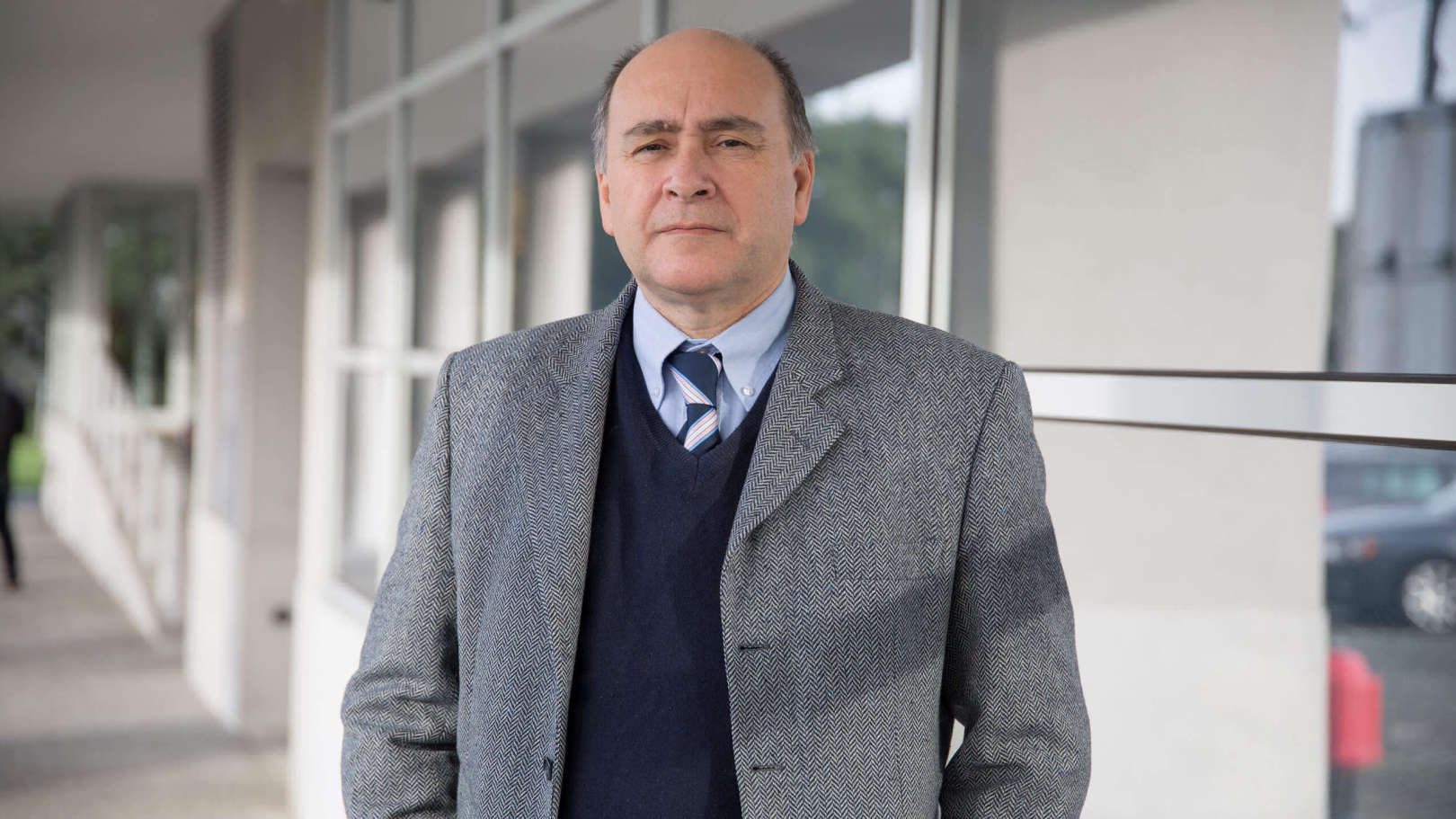About
João A. Peças Lopes (PhD) is Full Professor (Professor Catedrático) at the Faculty of Engineering of Porto University, where he teaches in the graduation and post-graduation areas.
Was for 7 years Director of the Sustainable Energy Systems PhD program at FEUP and Director of Advanced course on Sustainable Energy Systems also at FEUP.
He is Director/Member of the Board of INESC TEC.
He is Vice-Presidente of the board of the Portuguese Association for Electric Vehicles.
Prof. Peças Lopes was responsible by INESC Porto activities in several EU financed research projects, namely the project - MICROGRIDS - Large Scale Integration of Micro Generation to Low Voltage Grids and MORE_MICROGRIDS - Advanced Architectures and Control Concepts for More Microgrids and MERGE - Mobile Energy Resources for Grids of Electricity.
He supervised several consulting projects related with the impact analysis of the connection of wind parks in the electrical grids of Madeira, Azores, Sal, S. Vicente and S. Tiago, in the Republic of Cabo Verde. He was the responsible for several consultancy projects related with the electrical grid impact resulting from the connection of large wind parks in Portugal.
He was also responsible for the definition of technical rules for the integration of wind power in Brazil. He coordinated also consultancy studies for the Hungarian Regulator regarding the evaluation of the integration of wind power in Hungary. He coordinates the participation of INESC Porto in the InovGrid project.
He was also the Chair of the Selection Committee of the public tender that decided about the integration of 1800 MW of wind generation in Portugal, launched by the Portuguese government in 2005.
He was member of the Executive board of the EES/UETP consortium and Chair of its course program committee.
He has served as research project evaluator for the European Commission and for governmental science organizations in Portugal, France, Italy, Greece, Finland, Danemark and Ireland.
He was for more than 4 years one of the coordinators of INESC Porto Power System Unit.
He is co-editor of the (SEGAN) Sustainable Energy Grids and Networks journal.
His main domains of research are presently related with large scale integration of renewable power sources in power systems (namely wind generation), power system dynamics, microgrids, smartmetering and integration of electric vehicles in electrical grids.
In 2012 he received the CIGRE Technical Committee Award in recogmition of his outstanding contribution to the work of the Study Committee C6 – Distribution Systems and Dispersed Generation.
Prof. Peças Lopes is an IEEE Fellow
He is member of the Power Systems Dynamic Performance Committee of the IEEE PES.


